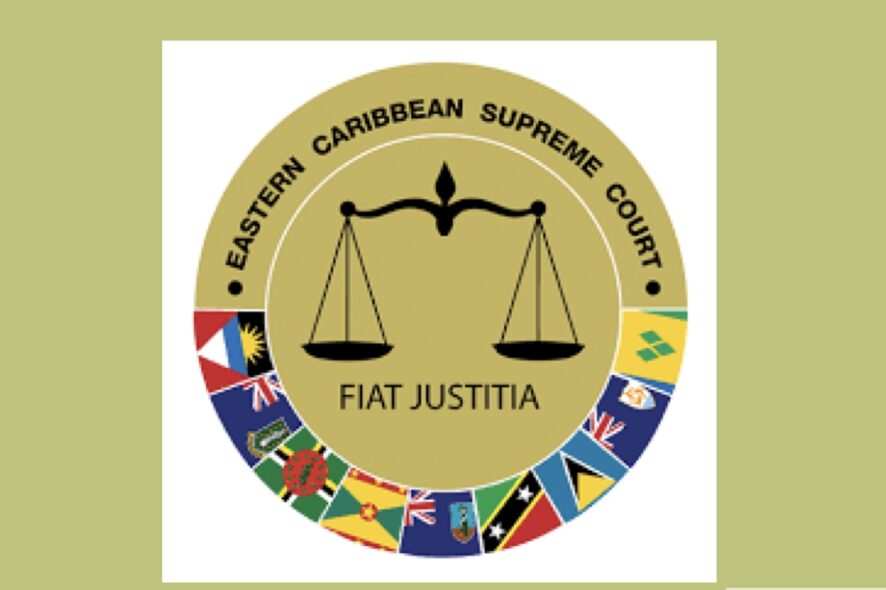Eastern Caribbean Supreme Court, In the Court of Appeal: The Bench of Davidson Kelvin Baptiste (Justice of Appeal), Mde. Gertel Thom (Justice of Appeal) and Paul Webster (Justice of Appeal [Ag.]) ruled that there is no jurisdiction in Antigua and Barbuda to impose suspended sentences in criminal cases.
Factual Matrix in Focus
Shane Willimas was charged with the offence of sexual intercourse with a female under 14 years. He pleaded not guilty to the charge.
The Judge determined of his own motion without a request from Mr Williams that Goodyear Indication ought to be given. Later the Mr Willimas maintained that he was not guilty.
Mr Williams even enquired whether he would be able to walk free if he entered a guilty plea., to which the Judge answer affirmatively.
Judge imposed a sentence of 2 years’ imprisonment, suspended for 1 year.
The main issues on the appeal were
(i) whether there was jurisdiction in Antigua and Barbuda to impose suspended sentences in criminal cases; and,
(ii) if the court did have jurisdiction to impose suspended sentences, whether it was appropriate to impose such a sentence in the circumstances.
The Director of Public Prosecutions challenged the sentence on grounds of want of jurisdiction to impose a suspended sentence and that the sentence was manifestly lenient.
Analysis & Decision
“Power to impose a suspended sentence has statutory provenance and there is no statute in Antigua and Barbuda equipping a judge with such a power. In the absence of the requisite statutory underpinning, the judge lacked jurisdiction or authority to impose such a sentence.”
The Court of Appeal observed that the jurisdiction to impose a suspended sentence is a statutory jurisdiction. The Legislatures in several Commonwealth Caribbean jurisdictions had passed legislation to confer this jurisdiction on their local criminal courts but noted that no such legislation had been passed in Antigua and Barbuda.
“… sentence imposed was in any event unduly lenient, the case ought properly to have gone to trial before a judge and jury to determine the guilt or innocence of the respondent.”
Therefore, the Bench concluded that the judge had no jurisdiction to impose a suspended sentence, in the present case or any at all. The Court, considered, in the alternative, that even if the courts in Antigua and Barbuda had the jurisdiction to impose suspended sentences, a Judge should only impose such a sentence in exceptional circumstances. There were no exceptional circumstances in Williams’ case. The Court, therefore, found that, on any view, the judge erred in imposing the suspended sentence.
Since the Judge had no jurisdiction to impose the suspended sentence, the Court set aside the Judge’s sentence and considered the sentence to be imposed in its place.
Plea entered non-voluntarily
The Court considered this question against the circumstances of the case, including the fact that Williams only plead guilty after the judge gave an indication of the sentence he would impose if Williams pleaded guilty (a “Goodyear Indication”). The Court found that the manner in which the judge went about giving the Goodyear Indication unduly pressured Williams to plead guilty, and therefore that Williams’ plea was not voluntarily entered.
Hence, both Williams’ conviction and sentence were fundamentally defective and, in those circumstances, justice and fairness required that Williams’ sentence be reckoned to be the time he already spent on remand – 7 days’ imprisonment.[Director of Public Prosecutions v. Shane Williams, 2020 SCC OnLine ECSC 1, decided on 03-07-2020]







